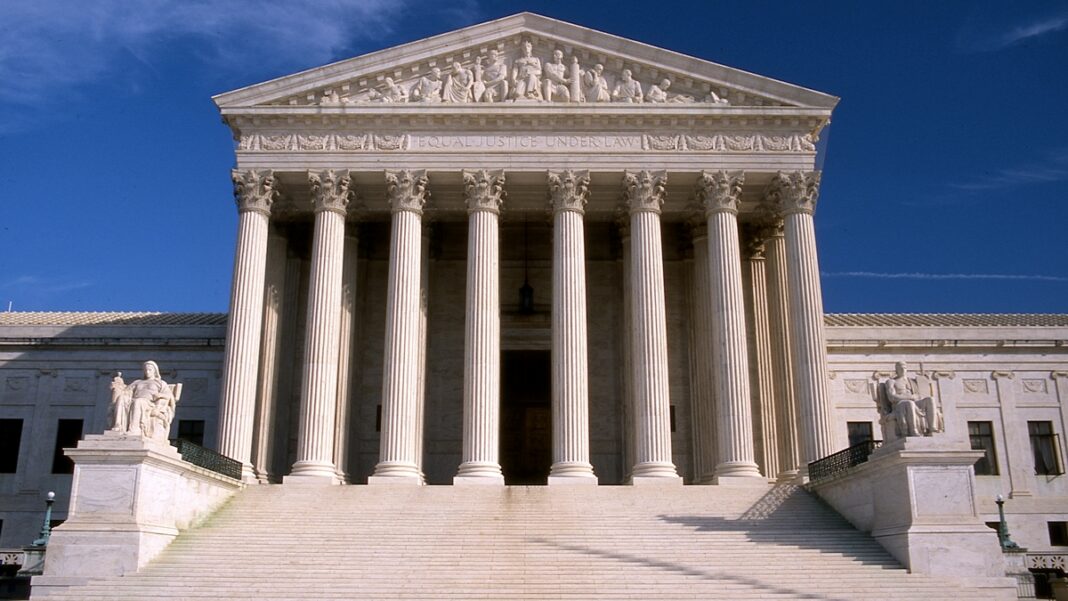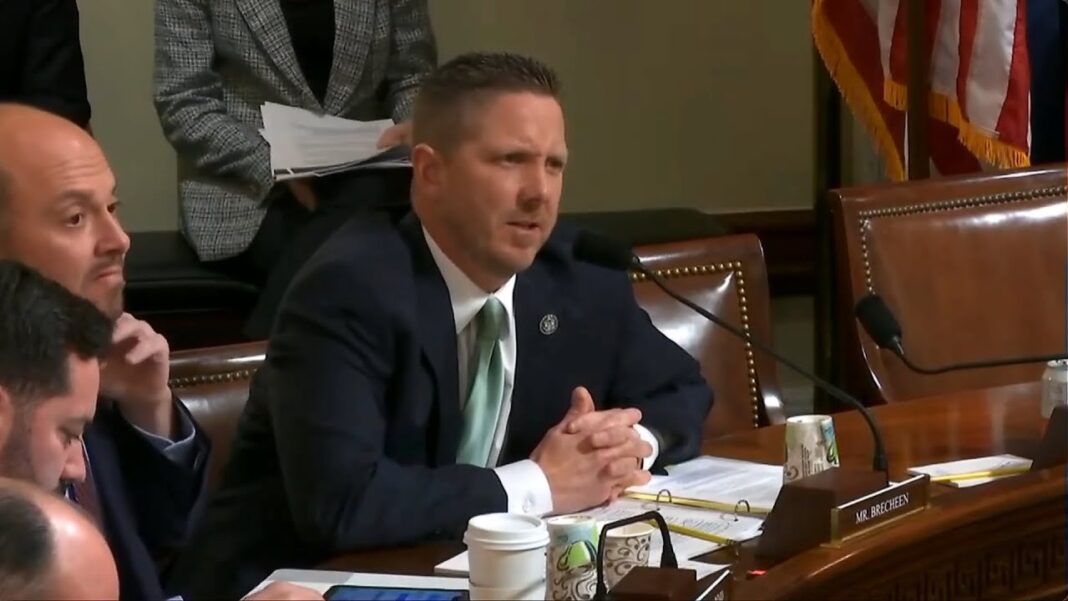
The denial of a school district’s petition means lawsuits across the United States about bathroom use will continue unabated.
The Supreme Court won’t consider whether an Indiana middle school was required to let a transgender girl use the boys’ bathroom.
The ruling comes after the U.S. Court of Appeals for the 7th Circuit affirmed a lower court’s injunction last year that allowed transgender students to use bathrooms that corresponded to their claimed gender identity.
The decision not to get involved in the case means that pending lawsuits will continue across the United States, with judges potentially arriving at differing conclusions.
The Biden administration holds that Title IX of the Education Amendments Act of 1972, a federal law that prohibits sex-based discrimination in education, protects transgender students from discrimination related to their purported gender identity.
The directive has been challenged in lawsuits related to school sports and bathroom access. The Biden administration backtracked somewhat last year, unveiling a new proposed rule that would permit some sex-based restrictions in high school and college sports.
The Supreme Court denied the petition for certiorari, or review, in Metropolitan School District of Martinsville v. A.C., in an unsigned order on Jan. 16. No justices dissented. The court did not explain its decision. At least four of the nine justices must vote to grant a petition for a case to move forward to the oral argument stage.
A.C., who was born female but now identifies as male, has since graduated from John R. Wooden Middle School in Martinsville, Indiana, and is now in high school. A lower court noted that A.C. began identifying as a male at 8 years of age, used masculine pronouns, started sporting a masculine haircut and wore masculine clothing.
A lack of linguistic clarity has clouded the issue in recent years as the concepts of sex and sexual identity, or gender—a politically and scientifically contentious idea whose definition isn’t universally agreed upon—have become difficult to separate. Despite the distinct meanings of the two words, many institutions and individuals use “gender” to mean biological sex, including on fillable forms and documents.
The school district had urged the Supreme Court to grant its request to accept the case so the court could resolve a “square and entrenched” split among federal courts of appeal, according to its petition.






